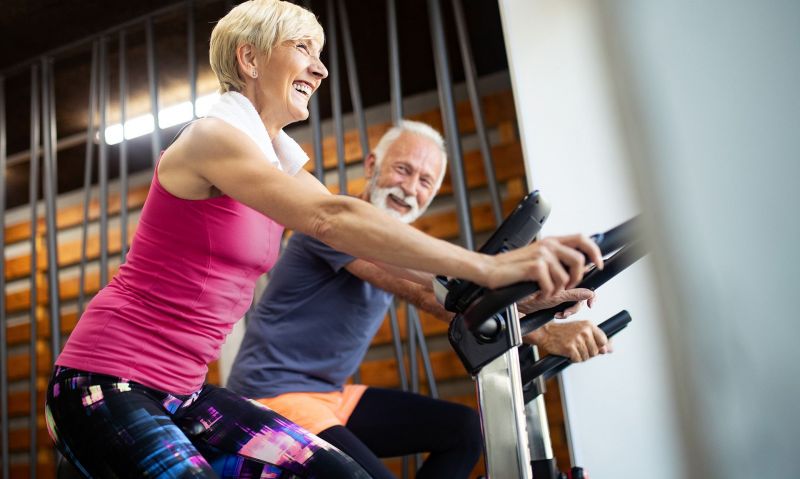
With September being Suicide Prevention Awareness Month, this is an ideal time to remind our loved ones and ourselves about the importance of using physical activity to stay mentally healthy.
The American Legion’s Be the One initiative is a year-round effort to reduce the rate of veteran suicide. With September being Suicide Prevention Awareness Month, this is an ideal time to remind our loved ones and ourselves about the importance of using physical activity to stay mentally healthy.
Exercise has many mental health benefits, including a reduced risk of depression and anxiety, improved brain and cognitive function, better quality of sleep and overall quality of life. Many veterans have found fitness activities a way to better cope with post-traumatic stress disorder, traumatic brain injuries and other service-connected conditions.
It’s not just veterans, servicemembers or first responders suffering from traumatic events, however. There is a mental health epidemic in the United States. The Centers for Disease Control and Prevention (CDC) reports that in the decade preceding the COVID-19 pandemic, feelings of persistent sadness and hopelessness, as well as suicidal thoughts and behaviors, increased by approximately 40% among young people. Research also shows that comorbid physical and mental health problems continue into adulthood.
A recent study in the Journal of Adolescent Health found that teens with physical and mental health disorders are more likely to have very low quality of life as adults. Mental illness may also have a direct or indirect effect on physical health. For instance, mental disorders, such as depression, may directly lead to physical illness by weakening or altering the immune response. There is also evidence suggesting that stress can lead to decreased immune function.
The CDC recommends 150 minutes per week of moderately intense physical activity. That may sound daunting, but if you break it up into five days of 30 minutes of activity, it’s quite manageable.
Don’t think of physical fitness as hard-core running or intense weightlifting. Choose 30 minutes of activity that meets your current fitness level. That might be brisk walking, light jogging, swimming, biking, using an elliptical, yoga or similar exercises.
Join a community as a way to stay motivated and have fun. Try a recreational sport like pickleball, volleyball, tennis, golf or bowling. Making exercise a social activity can be very beneficial for mental health outcomes, and doing it outside is a real mood booster.
Engage family members, perhaps even a younger person who may be showing signs of depression or anxiety. A walk, bike ride or canoe trip are all great ways to reconnect via a shared experience while also getting in some physical fitness.
Keep showing up. It may be challenging at first. But once you rebuild a base level of fitness, you will begin to enjoy your chosen activity more, improve physically and boost your mental wellness.
Army veteran Jennifer Campbell is a certified personal trainer with a master’s degree in nutrition education. She is past commander of the California American Legion’s 24th District and Hollywood Post 43.
- Magazine

